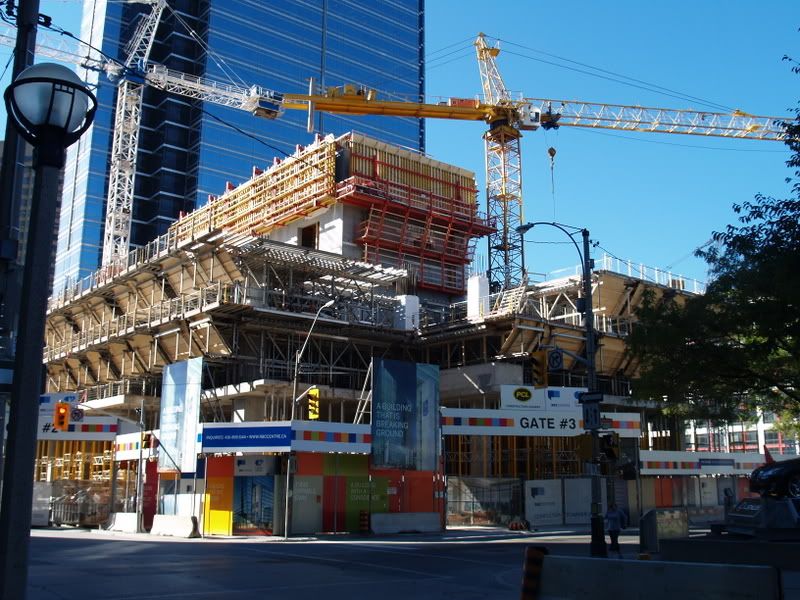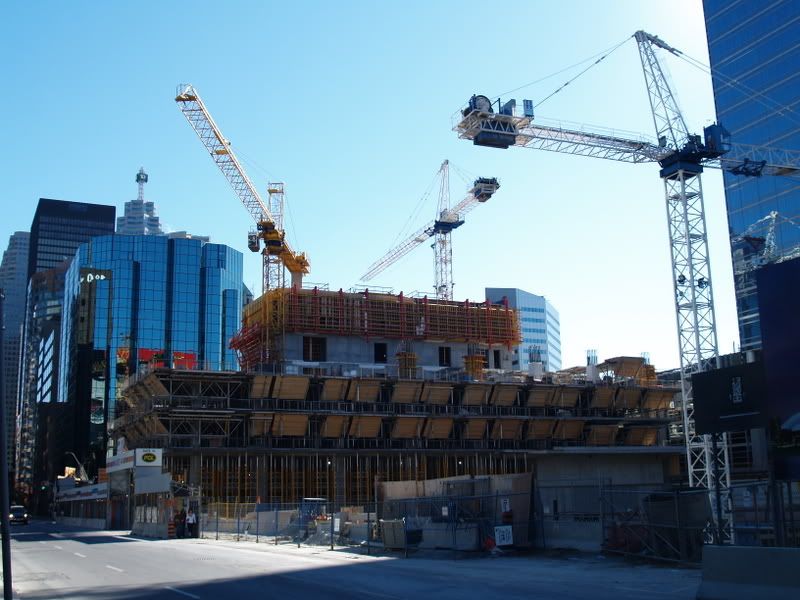Humanity's outward push into space has long been dreamed of and predicted. In our own time, it seems as though the dream is being achieved. However, making space economically viable seems still to be a long way away - and until space is financially self-sustaining human exploitation of its potential is not going to take off. There is to be sure an impressive number of space entrepreneurial companies springing up with plans for everything from space tourism to asteroid mining. However, these companies will increasingly find that they face the same problems as the advocates of nuclear power and genetic modification of crops. Their imagination is constrained by the political, economic and social conditions of the descent.
Consider, for example, plans for space tourism. Getting into space is not only expensive but also dangerous. Rocket engineers would currently regard a launch failure rate of 1% as very good - lately they have not even been achieving that. Yet such a failure rate would doom the space tourism business. After Christa McAuliffe, the teacher who was to have been the first ordinary person to go into space, was killed along with six other astronauts in the Challenger disaster, the US space shuttle fleet was grounded for some five years. Furthermore, catastrophic failure like this is not the only risk. Astronauts receive high radiation doses - far higher say than the residents of Seascale. If space tourism companies ever get off the ground at all, they will soon be facing bankruptcy once the newspapers have branded their product the carcinogenic trip of a lifetime or after an accident forces them to ground their fleet for lengthy investigations before it has even begun to pay for itself.
The problem is that space travel will not become orders of magnitude safer until it is a commonplace rather than a heroic undertaking. But to get to that point, we will need to launch very many flights, some of which will inevitably end in disaster. In today's compensation-claiming culture, where human life is regarded as priceless, that kind of sacrifice is surely intolerable. We cannot make space flight a common experience until it is almost perfectly safe. But we cannot make it perfectly safe until it is a common experience. Today, therefore, we find ourselves stymied. But this is the kind of impasse or Catch-22 that a dark age allows us to solve. In the time of the economic recovery, we can expect that people will start going into space again. They will do so on a larger scale and they will not suspend their activity every time that people die. By the time the new era is sophisticated enough to demand high safety standards, enough will have been learned to ensure that those standards are achieved.







